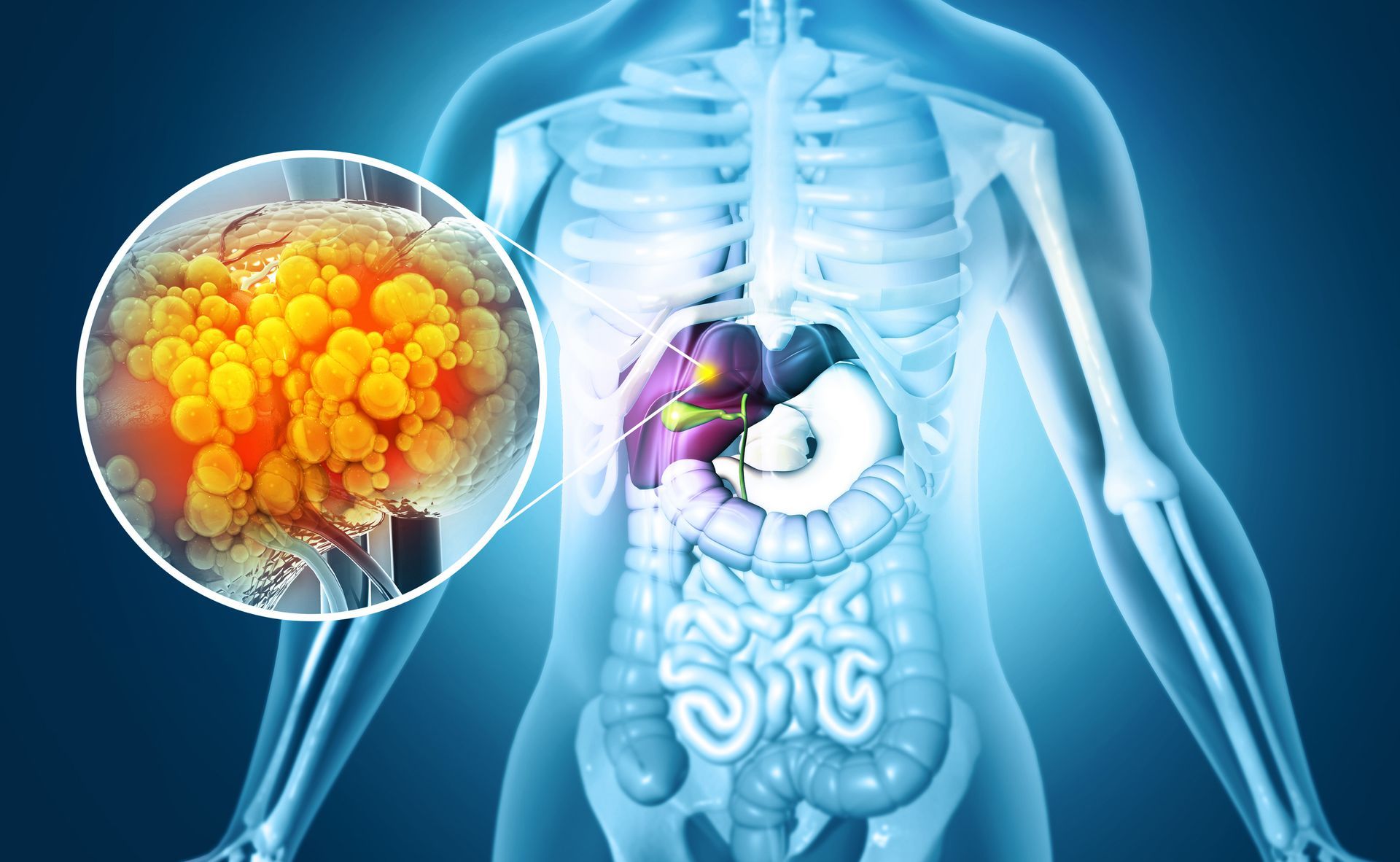Stomach Flu vs. Influenza: What's the Difference?
One common mistake made by countless patients every year is confusing the symptoms of the stomach flu for influenza. While both are very serious illnesses that often leave you spending long periods of time in bed, there are stark differences between the two.
What is the Stomach Flu?
The stomach flu is a form of gastroenteritis that occurs when your stomach and intestines become inflamed and irritated due to bacteria such as E. coli or salmonella, viruses such as norovirus, adenovirus, or rotavirus, parasites such as giardia or E. hystolica, or reactions to food. Common symptoms include cramps, nausea, vomiting, and diarrhea. Depending on the cause, you may also experience fever, headaches, and swollen lymph nodes.
Key Differences Between Influenza and the Stomach Flu
While the stomach flu affects mostly just the intestines, causing gastrointestinal distress, influenza attacks the respiratory system and is caused specifically by the influenza virus. Influenza is associated with very high fever for several days, congestion, muscle aches, and fatigue. These symptoms show up rather abruptly and can leave you feeling weak and disoriented. Because antibiotics only treat bacterial infections, they are helpful in recovering from the stomach flu but are no help to influenza. In most cases, antiviral medications are needed to successfully treat and shorten the duration of influenza. However, there is only a small window of opportunity in which such medications can be helpful, and in many cases, the illness must simply run its course.
Influenza comes in three forms – type A, type B, and type C. All three can mutate into new strains, meaning you can never develop complete immunity to influenza. However, specific strains of flu may be prevented by an annual flu vaccine. There is no preventative measure for the stomach flu other than washing your hands diligently with warm water and soap. The stomach flu tends to be more contagious than influenza, though both are easily contracted.
Whether you suspect the stomach flu or influenza, a visit to your doctor is necessary in order to receive an accurate diagnosis and medication. If you have symptoms of the stomach flu and are feel weak, dizzy, or dehydrated, contact Digestive Diseases Center, and request an appointment for evaluation and treatment.

CONTACT
850-763-5409
ADDRESSES
4 LOCATIONS
204 E 19th Street, B, Panama City
12216 Panama City Beach Pkwy, D, Panama City Beach
4295 3rd Ave, Marianna
101 Good Morning St., 109B, Port St. Joe
Subscribe to our newsletter:
subscribe to our newsletter
We will get back to you as soon as possible.
Please try again later.


